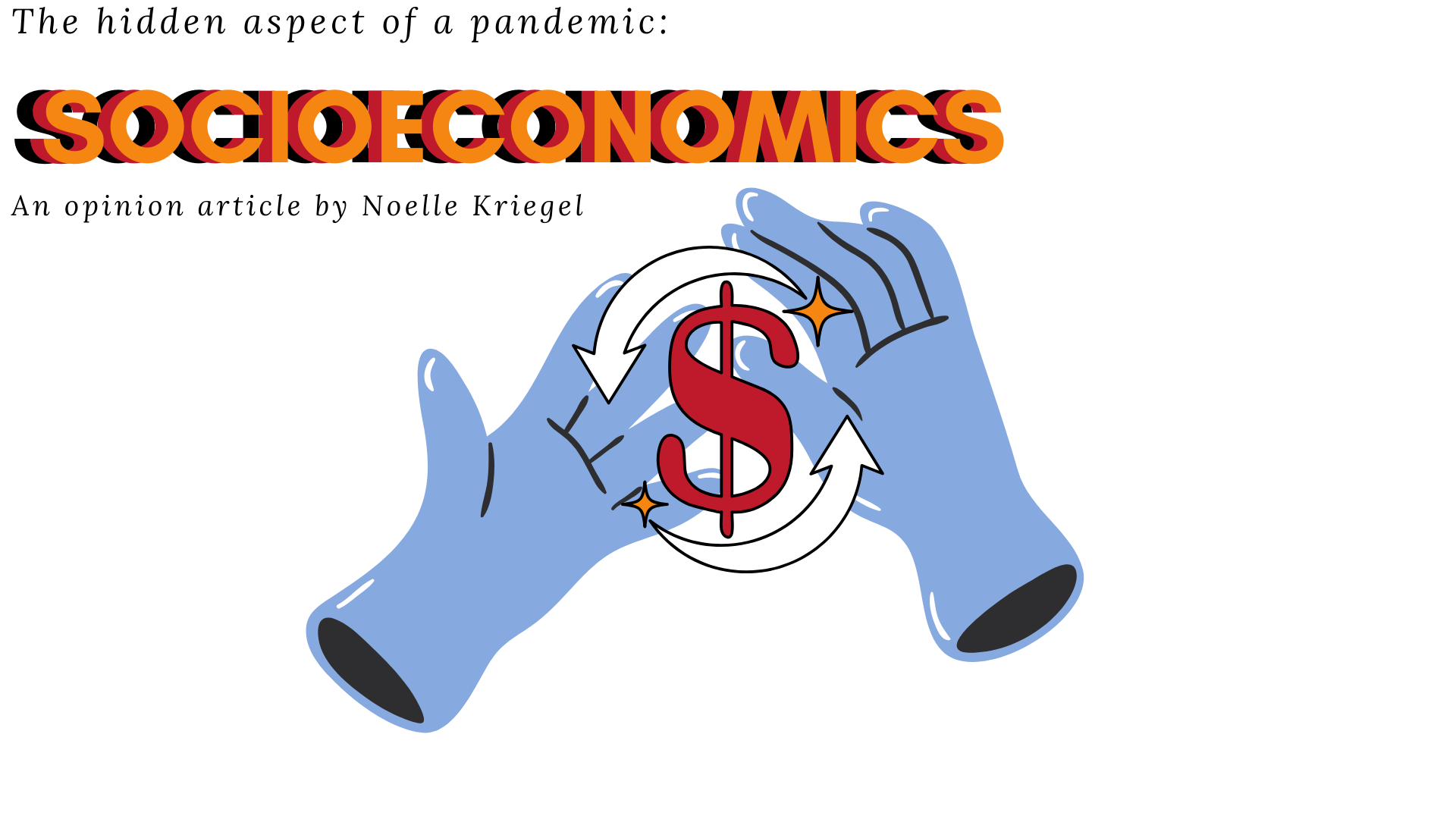A coach's perspective: Microaggressions within gymnastics
Gymnastics is far from a perfect sport, though it is prided on producing perfection. At its core, gymnastics is brutal on the physical and emotional well-being of young gymnasts.
The fault lines within the organization continue to splinter into the microaggressions gymnasts and coaches see daily in the environment.
Having been a competitive Junior Olympic gymnast for two-thirds of my life, I’ve (arguably) experienced far more of the thrill and head-aching adrenaline than most of my peers.
The intricacies of the sport are not unfamiliar to me, either.
However, a new perspective of gymnastics has fallen into my hands, and I am responsible for learning it for the safety of the young gymnasts I now coach.
As a coach, the subtleties of the sport are slowly unraveling before me and I am experiencing a myriad of new perspectives, whether it be as a professional representing not only the gym but the state, a new spotting technique or simply a refreshing love of the sport.
I am also witnessing the greater injustices of gymnastics, from local competitions all the way to the national governing body of the United States of America Gymnastics (USAG). These injustices are often highlighted at competitions.
Traveling to competitions has always given me a nervous twinge. The colors are brighter, feelings are pronounced and your hearing taps into the sounds of landings echoing in the gym or the prolonged beeping of music beginning to play.
Awards are different.
When you are the one competing you can allow the adrenaline to fade as you sit with your teammates.
When you are the coach, you listen to every single name that comes out of the speakers, waiting for the results and the confirmation that your work has paid off.
The injustice doesn’t begin here at awards, but it is what first made me snap into reality.
Of the names that come from the announcer’s mouth, I kept track of every single pronunciation of my girls’ names, ready to correct them if they misspoke.
Everybody deserves to have their names spoken correctly, especially when it is a time for recognition.
I noticed that when the names of gymnasts of color were announced, they were more often than not mispronounced. Not only that, but when parents, friends and coaches, including myself, yelled out the correct name, it was almost always ignored.
White gymnasts, however, were met with a deliberate pronunciation and an apologetic correction.
Every single meet I kept track of this, and every single meet I watched my gymnasts fumble when a butchering of their names were called. I watched parents grow more irritated when corrections were met with silence.
The mispronunciation of POC names is a microaggression that is often ignored, and in a sport where there is a history of disregarding racism in its committees and practices, even the “smallest” of errors must be fought against.
Every gymnast deserves their praise, every gymnast deserves empowerment. Part of this empowerment is in their names.
I will continue to be “that” coach at meets because I don’t function for USAG, I function solely for my gymnasts.
In a sport recognized for the largest sexual abuse scandal and the dismissal of racism at its roots and head, I choose to advocate for my gymnasts.
My experience as a gymnast is different than other gymnasts of color. My last name causes a few stutters, sometimes I am “kree-gull” and sometimes I am “cry-gull.” In the odd occasion I am “cry-jill” (don’t ask, I don’t have answers for that one.)
No matter the fumble, it was always corrected and met with apologies. That is more than what I can say for some of my teammates and my current gymnasts.
Gymnasts of color deserve better, from coaches, meet directors, announcers and from the national committee.
To give power, you must first say their names.
Speak it into existence, because it is what they deserve.






